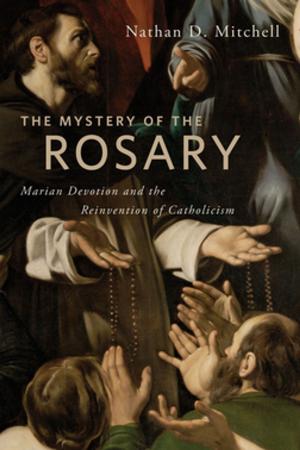To Secure These Rights
The Declaration of Independence and Constitutional Interpretation
Nonfiction, Social & Cultural Studies, Political Science| Author: | Scott Douglas Gerber | ISBN: | 9780814732502 |
| Publisher: | NYU Press | Publication: | June 1, 1995 |
| Imprint: | NYU Press | Language: | English |
| Author: | Scott Douglas Gerber |
| ISBN: | 9780814732502 |
| Publisher: | NYU Press |
| Publication: | June 1, 1995 |
| Imprint: | NYU Press |
| Language: | English |
To Secure These Rights enters the fascinating--and often contentious--debate over constitutional interpretation. Scott Douglas Gerber here argues that the Constitution of the United States should be interpreted in light of the natural rights political philosophy of the Declaration of Independence and that the Supreme Court is the institution of American government that should be primarily responsible for identifying and applying that philosophy in American life.
Importantly, the theory advanced in this book--what Gerber calls liberal originalism--is neither consistently liberal nor consistently conservative in the modern conception of those terms. Rather, the theory is liberal in the classic sense of viewing the basic purpose of government to be safeguarding the natural rights of individuals. As Thomas Jefferson wrote in the Declaration of Independence, to secure these rights, governments are instituted among men. In essence, Gerber maintains that the Declaration articulates the philosophical ends of our nation and that the Constitution embodies the means to effectuate those ends. Gerber's analysis reveals that the Constitution cannot be properly understood without recourse to history, political philosophy, and law.
To Secure These Rights enters the fascinating--and often contentious--debate over constitutional interpretation. Scott Douglas Gerber here argues that the Constitution of the United States should be interpreted in light of the natural rights political philosophy of the Declaration of Independence and that the Supreme Court is the institution of American government that should be primarily responsible for identifying and applying that philosophy in American life.
Importantly, the theory advanced in this book--what Gerber calls liberal originalism--is neither consistently liberal nor consistently conservative in the modern conception of those terms. Rather, the theory is liberal in the classic sense of viewing the basic purpose of government to be safeguarding the natural rights of individuals. As Thomas Jefferson wrote in the Declaration of Independence, to secure these rights, governments are instituted among men. In essence, Gerber maintains that the Declaration articulates the philosophical ends of our nation and that the Constitution embodies the means to effectuate those ends. Gerber's analysis reveals that the Constitution cannot be properly understood without recourse to history, political philosophy, and law.















